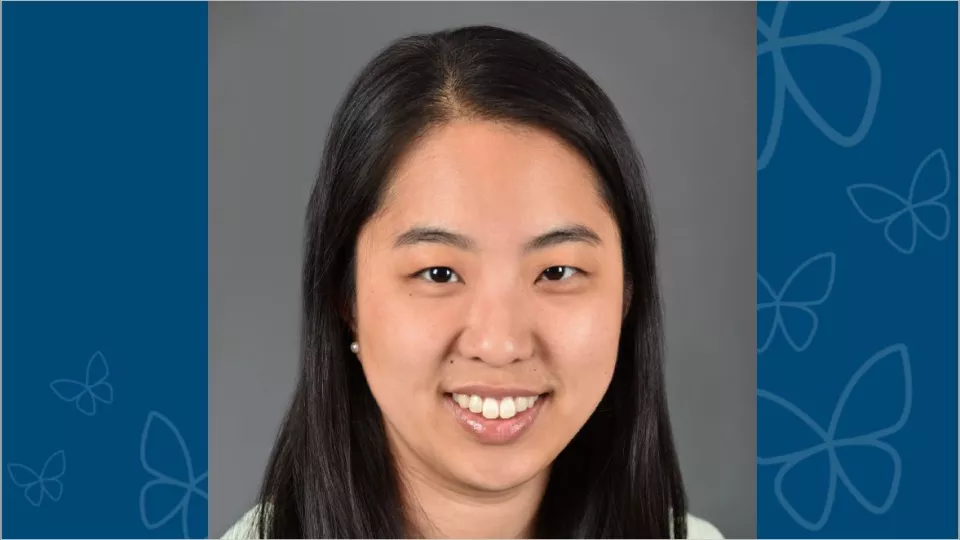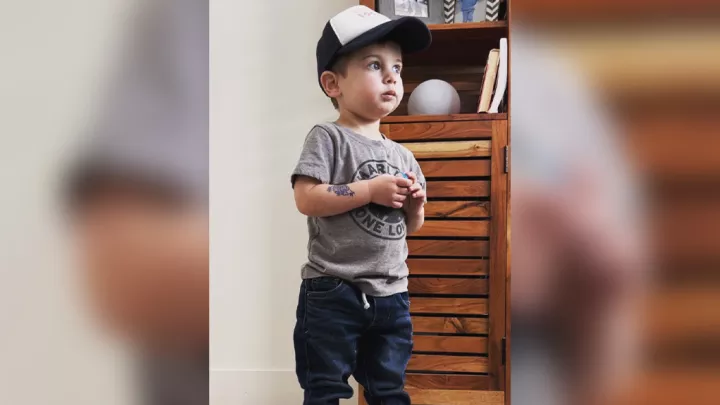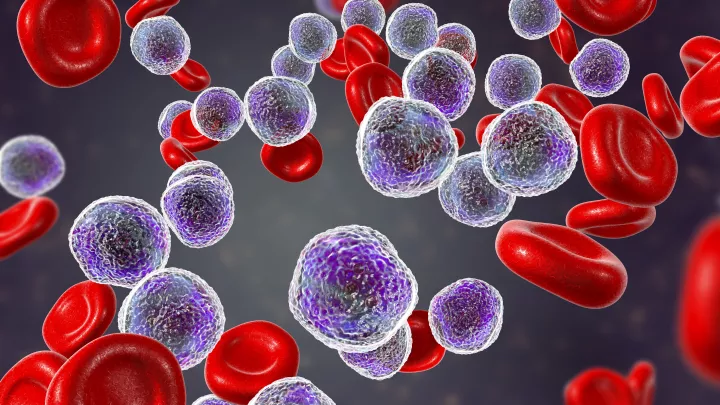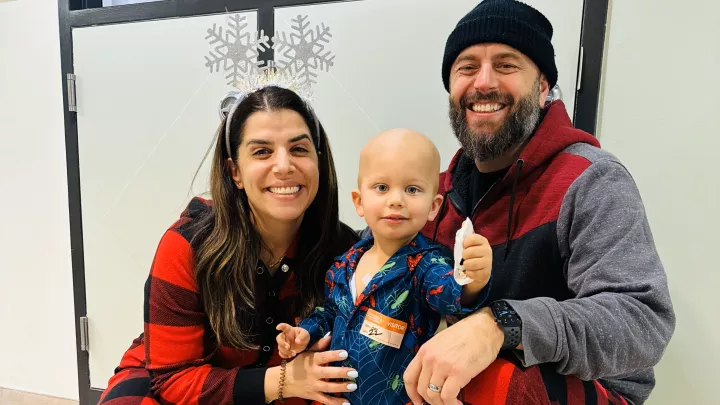
Research Faculty Spotlight: Jessica Tsai, MD, PhD
For Jessica Tsai, MD, PhD, the path to becoming a physician scientist reached from the depths of the ocean to the outer reaches of space. “I’ve always been interested in science, but at one point I thought that I was going to be an astronaut,” Dr. Tsai explains. “Then when I started college, I was really into marine biology.”
In college, Dr. Tsai was introduced to a neuroscience professor. “I had never done research before, and the summer after my freshman year, I joined his lab,” she says. The work involved studying sleep neurobiology. “I thought it was so cool because we were literally asking and answering questions that no one had ever asked before.”
This sparked Dr. Tsai’s interest in the brain and led her to pursue graduate school and medical school to become a physician scientist focused on neuroscience. But during her clinical rotations, she realized that neurology was not the right fit.
A random meeting with a pediatric neuro-oncologist changed Dr. Tsai’s course. “I realized that I could study the brain in this interesting context of oncology and I could take care of kids,” she says. “And of all the pediatric cancers, I would say that brain tumors have some of the greatest needs in terms of better therapies.”
Dr. Tsai now works as an Attending Physician and investigator in CHLA’s Cancer and Blood Disease Institute. “My lab studies the genomic drivers of pediatric brain tumors,” she explains. Dr. Tsai and her team also look for dependencies, or genes that make effective drug targets because they kill cancer cells when they are knocked out.
One project Dr. Tsai and her team are working on targets Fox R2, an oncogene in the brain that when turned off, causes the cells of aggressive brain tumors called diffuse midline gliomas to die. This work involves collaborating with other CHLA labs to modify lipid nanoparticles to be able to cross the blood-brain barrier and turn off oncogenes. Another project uses consented patient-derived tissue from CHLA’s diverse patient population to create cell lines for rare brain tumors that many labs across the world can use to study these tumors.
Beyond her work, Dr. Tsai likes to spend time with her husband and their dog at Griffith Park, as well as explore L.A.’s restaurants, food trucks, and coffee shops.


